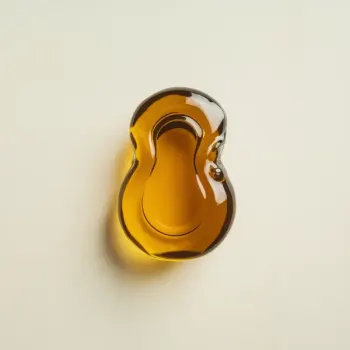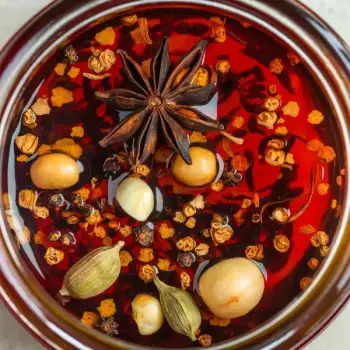


Blended
Peanut oil mixed with other vegetable oils, often used to reduce costs while maintaining some peanut oil characteristics.
Gourmet
High-quality peanut oil that may be roasted, offering a deeper flavor profile for dressings and dips.
Refined
Peanut oil that has been refined, bleached, and deodorized, resulting in a neutral taste, high smoke point, and suitability for frying.
Cold-pressed
Oil extracted from peanuts using a mechanical process without heat, retaining more flavor and nutrients.




gourmet peanut oil: La Tourangelle
refined peanut oil: LouAna
cold-pressed peanut oil: Spectrum Naturals

Deep Frying: Peanut oil is commonly used for deep frying due to its high smoke point. It remains stable at high temperatures, resulting in a crispy exterior without absorbing excess oil. Perfect for frying chicken, tempura, or French fries.
Stir-Frying: Its nutty flavor and ability to withstand high heat make peanut oil a staple in stir-frying. It can handle the quick cooking of vegetables and meats while imparting a subtle flavor that doesn't overpower the dish.
Dressing and Marinades: While not a cooking technique, peanut oil's bold flavor makes it suitable for dressings and marinades, especially in Asian-inspired recipes. It can be combined with vinegar or citrus juices and various seasonings to create a flavorful base for salads or to tenderize and flavor meats before cooking.













